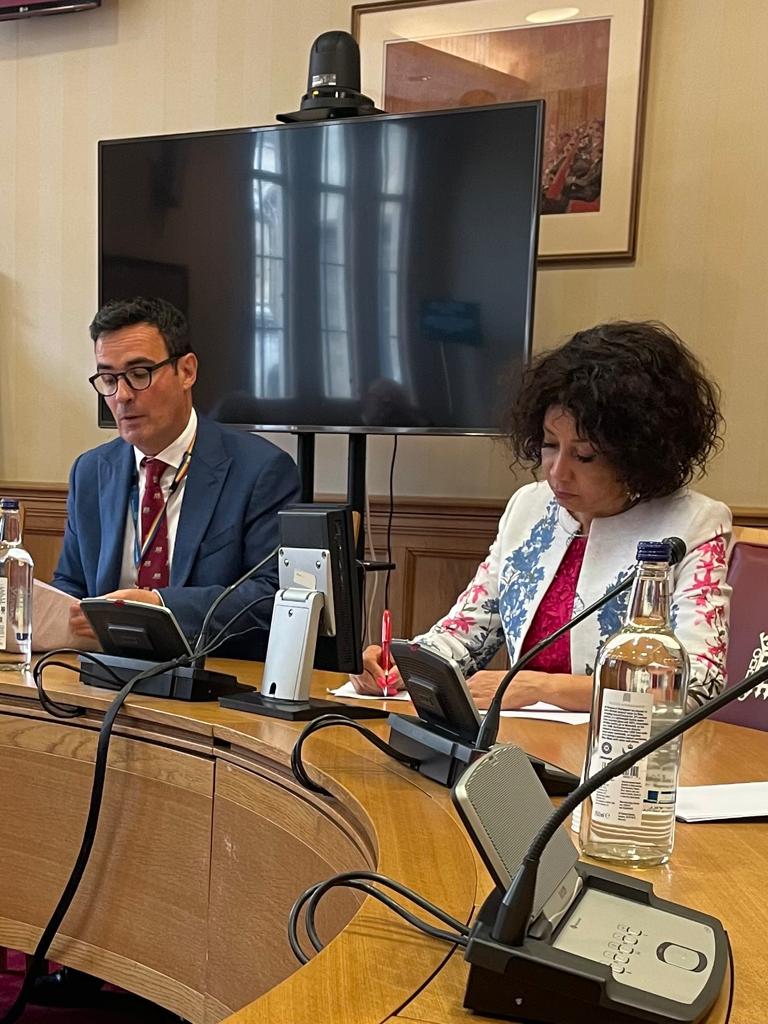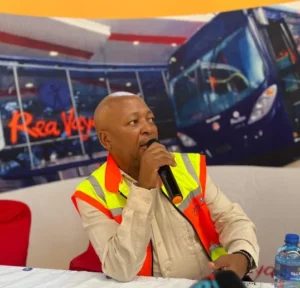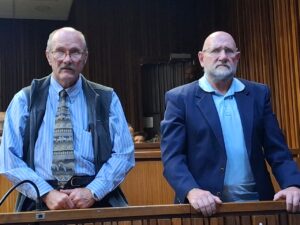By: Gillian Schutte
Last week Tourism Minister Lindiwe Sisulu, visited the House of the Lords at the invitation of the Parliamentary Committee on South Africa in Britain, to follow up on a range of issues. These included Red Listing, Crime in SA, Limited availability of BA flights, and Omicron.
It was acknowledged as a historic moment by the Lords as Sisulu was the first South African Minister to be invited into their inner sanctum. The Committee spoke of their contribution to fostering a positive relationship with South Africa via various inputs and interventions, mostly in the context of Tourism.
The atmosphere was friendly and Sisulu fielded questions and spoke about her innovative vision for British Tourism in South Africa. However the mood quickly shifted when the Joint Committee of the Lords and all party political groups began to demand answers about her views on the South African Judiciary. Lord Tony Oats, Lord Tessa Blackstone, Lord Chris Loder and Lord Peter Hain were the ones leading the questions.
Sisulu relayed to me in an interview that she was shocked when out of the blue, Lord Peter Hein threw her a curve ball and told her that ‘they’ are very concerned about the article she wrote denouncing the constitution. He went on to say that they were also concerned that it appeared as if she were a Zuma supporter and that it would be in everyone’s interests if she stopped this.
Sisulu said that she was somewhat taken aback, not only by the comment, but by the top-down paternalistic manner in which it was said.
“I am nobodies colonial subject,” Sisulu told me. “It was clear to me in that moment that Lord Peter Hain had not overcome his whiteness and white superiority, despite his name being attached to the historical struggle against apartheid. I do not need him or anyone to interpret anything for me. I have an excellent education. I have experience in many fields of governance and am one of the longest serving parliamentarians in the ANC – and here is this man speaking to me as if I am a wayward native, a subject who needs to be scolded for my erroneous behaviour.”
Sisulu tells me she kept her composure and explained her position. She spoke to the matter of the colonial imposition of common law onto the African population, asking who it was really common to. She pointed out that the British common law has little to do with the reality of Africans, and was, in many cases, senseless in the authentic customary framework. The fact that Customary Law, which has been held up as a constitutional right, has never been fully reinstated and has only been given a perfunctory nod by the judiciary, was most concerning, Sisulu said.
She also spoke of the landlessness of Africans in South Africa and the dire need for the return of the land to its people in order to eradicate poverty and close the gap between the landed and the landless.
She went on to explain that as a Minister of various portfolios she had spent many years in litigation, probably more than any other Minister. An example she used was when as former Minister of Human Settlements, she engaged in ongoing battles to access land that was suitable for community housing and urban development, close to cities where work was available. One such project was Cosmo City, a project that saw her in the courts for a decade while fighting white community representatives because the ideal area to house Black citizens was deemed by them to be ‘too close to their historically white areas.’ This, she said, continues to be the lot for the low earning or resource-deprived majority in South Africa. “Whites still hold land privileges which could tie certain ministers up in litigation for years at the expense of the poor. A colonised judiciary makes winning cases for the rights of the majority extremely difficult. It is a matter of poor Blacks being out of sight and far from white areas,” she said.
Sisulu told the Lords that from her perspective, as a Minister who had the on-the-ground experience of being in courts, she was well-placed to challenge the judiciary and that it was high-time the judicial system went through a process of decolonisation in a country that is African and ought to belong to and work for Africans.
Many in Sisulu’s shoes would have slotted right into the expected master slave role under this pressure. But Lindiwe Sisulu does not suffer fools lightly. She is nobodies subject. Not only has she already defied President Ramaphosa, when he issued an erroneous statement announcing that she had agreed to apologise to the Judiciary for writing that: ‘the most dangerous African is the one who is mentally colonized’ (a well-worn notion stemming from US Black critical race theorists and Biko) but she has also defended the article in question, Hi Mzansi, have we seen justice, from a volley of rabid sneering journalists and spokespeople from the white business establishment.
To be fair, the vitriol also came from non-white quarters (nonwhite used in the Biko sense of the term) when some black advocates, judges and journalists bemoaned her ‘radical views’ and demanded she apologise to the ANC and the judiciary. Their afront was expressed in didactic terms that can only be described as emanating from a colonised perspective. Which is exactly what Sisulu’s article pointed to – the idea that the African subject remains colonised in postcolonial ‘postliberation’ settler territories that have not been liberated from the hands of settlers. And despite the widespread denialism from non-Africans, South Africa has never been liberated from whiteness with all its social, economic and discourse powers and privileges still intact.
Decolonisation, as Sisulu has pointed out, is a journey that takes work. It is to recognise the ongoing colonisation imposed upon and imbibed by Africans in neocolonial Settler territories. It is those who recognise this who are able to begin deconstructing this historical curse that is inevitably embedded in the individual and collective consciousness.
Sisulu has stood up and spoken truth to power at the House of Lords. If this does not signal personal decolonisation then what does? As one of the longest standing parliamentarians in the ruling party, Sisulu has stood up more than once and spoken out clearly against the neocolonial hegemony that retains its vice-grip on every aspect of African life in a country that was meant to be liberated. She has bravely and publicly picked up the mantle of pro-poor ideology and decolonisation at a time in the history of South Africa when it is needed most.
It is for this reason that her popularity is gaining traction and her bid for presidency has garnered much support.
*Gillian Schutte is a well-known social justice and race-justice activist and public intellectual. She has written extensively for newspapers across South Africa and internationally on the issues of race/racism, politics, social and gender justice.
Her filmmaking includes the award winning Films Umgidi and Angels on fire. Both her films and writing are used as teaching tools in universities across the globe. Gillian has also published papers in various academic journals. She is a published author of the cult novel “After just now” and a published poet.
Her written works have created much debate in the public sphere, particularly her critical race theory writing, which she brought to newspaper columns. Anti-Hegemony is a strong theme in Schutte’s work.








Wow well said!!
Minister Sisulu us absolutely on point.
Until such time that mindsets are changed and there is shift and equal distribution of economic resources, truly speaking the journey of decolonization is a long one ahead . ..Much linger than Tata Mandela’s ” Long Walk to Freedom”.
The time to stand up is NOW , the onus is on us, every individual to ensure longevity of delcononized future generations.
A critical place to start in our beautiful South Africa would be to put in place “A Proper Education System ‘ and then get going with all the rest
Bravo Minister Sisulu.